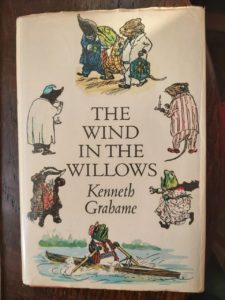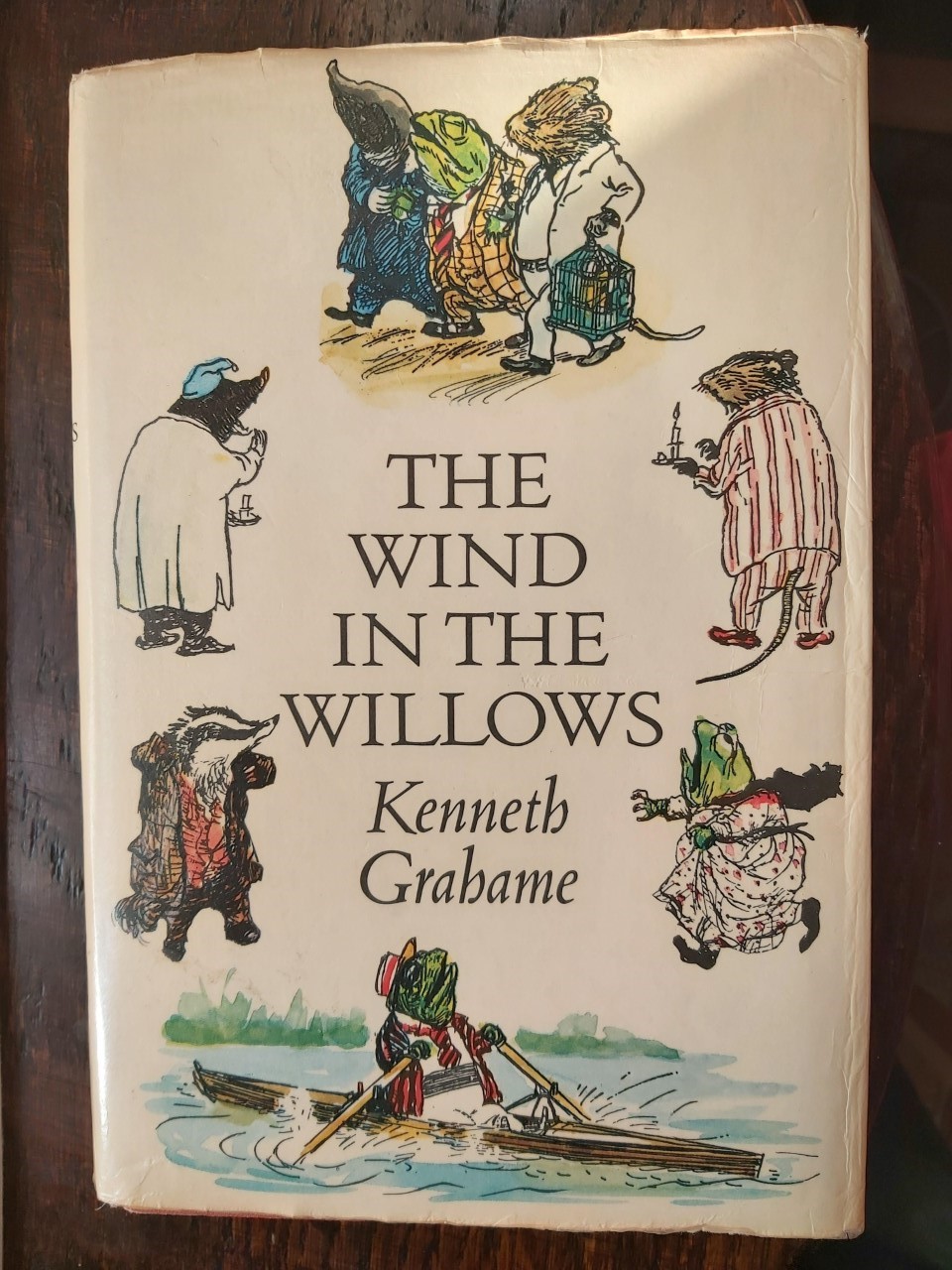12 December 2019
Dangerous Winds
A night to read.
By J R Thomas

 So, the day has arrived. And the evening, to be followed, as these things are, by the night, and finally, dawn. What you will know by dawn is anybody’s guess. You may roll away to bed, despondent or exultant, though if the latter, a good breakfast might seem in order. Perhaps, in the new spirit of the age, a Big Mac; or more traditionally, a greasyspoonful; or, if you are that way inclined and the election was that way inclined, an Uber to the Ritz and a bottle of Pol Roger.
So, the day has arrived. And the evening, to be followed, as these things are, by the night, and finally, dawn. What you will know by dawn is anybody’s guess. You may roll away to bed, despondent or exultant, though if the latter, a good breakfast might seem in order. Perhaps, in the new spirit of the age, a Big Mac; or more traditionally, a greasyspoonful; or, if you are that way inclined and the election was that way inclined, an Uber to the Ritz and a bottle of Pol Roger.
But how to get through the night, there is the conundrum. To sit up on such a night is this is likely to be, with the unexpected trumping the unexpected – no, no; trump in the old fashioned sense, The Trump is too busy in the US of A to run for any British seats (though he assures us he would win any seat he stood for). It is too much, the tension this time. The opinion polls say the Tories will win, by a slender to modest to comfortable majority. But who knows. If Dominic Raab loses in Esher, and even that blond chap – what’is’name – in Uxbridge and Ruislip, and every seat in Scotland goes over to the SNP, then anything might be happening. On the other hand there could be a LibDem surge in the Home Counties and the West Country, and even in Bath and North East Somerset (due no doubt to the persuasive canvassing of my friend and colleague Mr Pooley). Jo Swinson might be arguing with Nicola Sturgeon as to who gets to be first to bargain with Mr Corbyn. Mr Corbyn may be looking for a stronger bike lock to fit the Downing Street racks; or just pondering in his sudden retirement the planting of radishes, beetroot, and strawberries in his allotment, the only red surge he is going to see.
Who knows; and just when you think one thing, the evidence will point to another, the swingometer will swing in a third direction. The BBC exit polls will prove misleading. Returning Officers will lose their bits of paper. In short, it will be chaos, and seriously inadvisable to sit up all night, alternately cheering and groaning, considering early retirement or having to work for the rest of your life, or organising the sale of your super-yacht – or the purchase of a third.
So here is our advice. Switch of the telly. Hide your smartphone in the garden shed. Disconnect the internet (if it’s provided by Openreach they’ll probably do the job for you by midnight anyway). Take the batteries out of the wireless. Make a cup of cocoa. Go to bed with a ginger biscuit. And a good book. Whatever happens will not be changed by your screaming or swearing or breaking the TV. It will all be there in the morning. Rise at a sensible hour and the out-turn will be clear. Still time to make for that Ritz breakfast, or ring your broker to sell everything (What? You can’t get through?), or even to pack the gold tableware and the Faberge into the Porsche and make for the Channel ports.
Which only leaves the question of the book that should accompany you upstairs. Not too short; it may have to get you through until dawn if your mind really refuses to settle. Not too long; if you are going to head for Dover you may never know the end. Not too heavy, or indeed too light, but with a gentle humour to cheer the watches of the night, and wit to challenge your precepts, and most of all, some English sardonism to put everything into perspective.
There it is, at the head of this column, if the sub-editor has been so kind. The Wind in the Willows, by Kenneth Grahame, the great tale of Edwardian life. Let us confess this will not take your mind off political society, or the irritating ways of so many of your fellow citizens. But if it causes you to reflect on the British polity and the essential goodness of so many people (not just British) then it has worked its magic. With luck, as you turn out the light at 3am you will head-shakingly recall, that nothing much ever changes. The annoying rich remain annoying. The hardworking loyalists always toil away for little reward other than that of knowing that they keep other folks skiffs on the river (or their canary coloured carts out of the ditch). Deep in the silent glades of the Wild Wood still lurk grumpy geniuses who, when needed, emerge with their gruff manner and their uncomfortable straight-spokenness to sort us all out. And of course, stoats and weasels are still after your house should you leave it unguarded. And your investments, your ISA’s, your cash deposits. Cars continue to be driven too fast, train drivers are at heart rebels, pretty girls have soft spots for incorrigible rogues, and stout washerwomen have more sense than much of the rest of the world (but are now Chief Executive Officers of international corporates of which laundry services are the highly remunerative cornerstone).
You may object that The Wind in the Willows is a children’s book. In that case it is much too long since you read it and your need to turn those gilded poetic pages is all the more necessary. Kenneth Grahame wrote it for his young son, it is true, initially as a series of bed-time stories. But Grahame sat at the very heart of the City of London, in what was then and remains the most powerful of institutions; Secretary of the Bank of England, no less. Grahame saw much of life and many persons not always on their best behaviour, and any adult reading his magnum opus will see and appreciate his take on the characters of those around him. (Though one mystery is his obsession with washerwomen, who play leading roles in the book; where that came from, nobody knows.) Do not assume that the stoats and weasels are members of Momentum, or that their leader has a grey beard and likes to work a crowd. He might, but then again stoats and weasels pop up in all sorts of unexpected places. As does Mr Toad, who does not have to be blond or be a classicist. But hopefully you know lots of Ratty’s and Moles, because they are to be found everywhere and are the best sort of friends to have. And remember, washerwomen are often not female, or washers of clothes, but they are still the hardworking generous spirited backbone of many a life and business.
Grahame had had an unhappy childhood (and was destined to have a blighted old age), but was a romantic and idealist of the highest order, and let himself lyrically rip at various points in the W in the W. Those pieces of florid but still beautiful Edwardiana should appeal to all of us on election night, in “Dulce Domum” and “The Piper at the Gates of Dawn”, though like Ratty, let us hope the call of “Wayfarers All” passes us by. For this special night, just concentrate on the sorry but ultimately redeeming tale of Toad, and unlike him, remember the joys of humility, simplicity, and generosity. You may need them in 2020.


